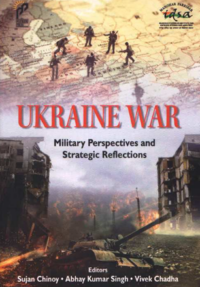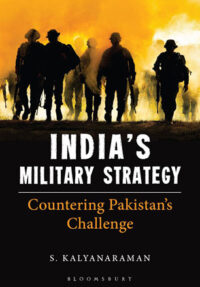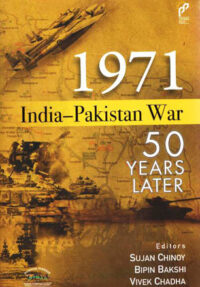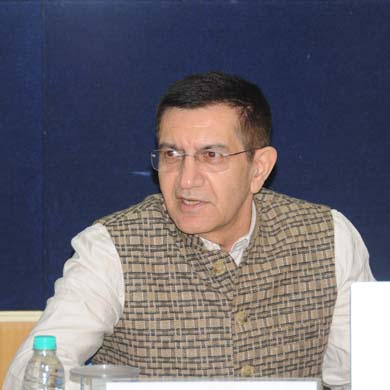Indian Army: Internal Challenges In Capability Building And Retention
The Army, being the largest service and fielding the largest array of equipment, needs to improve its own processes by carrying out an internal analysis and taking effective steps to speed up the procurement process.
- Rumel Dahiya
- October 11, 2012












